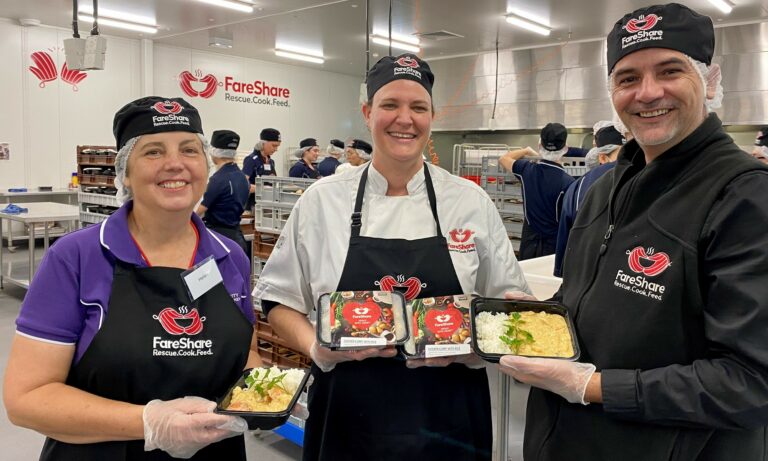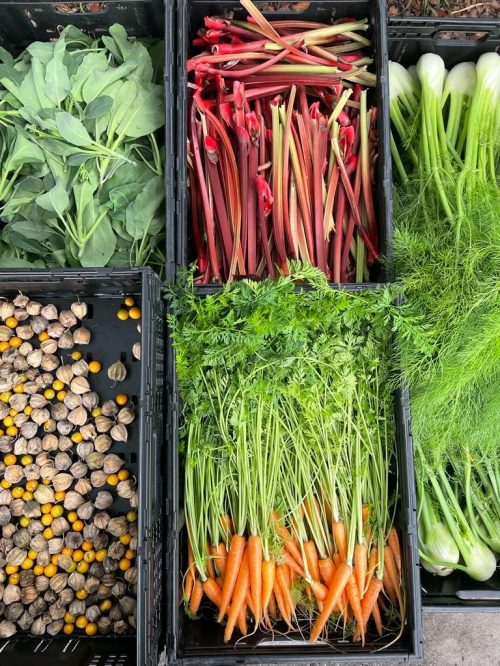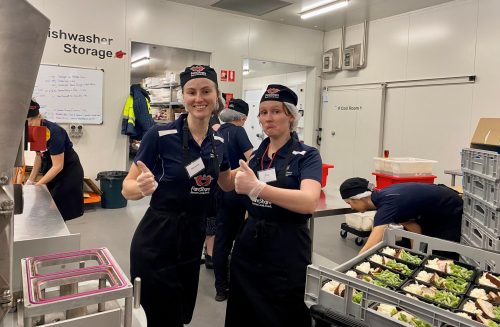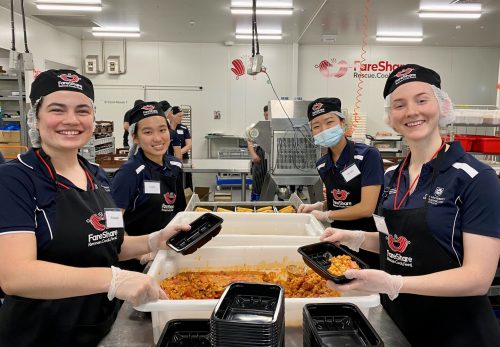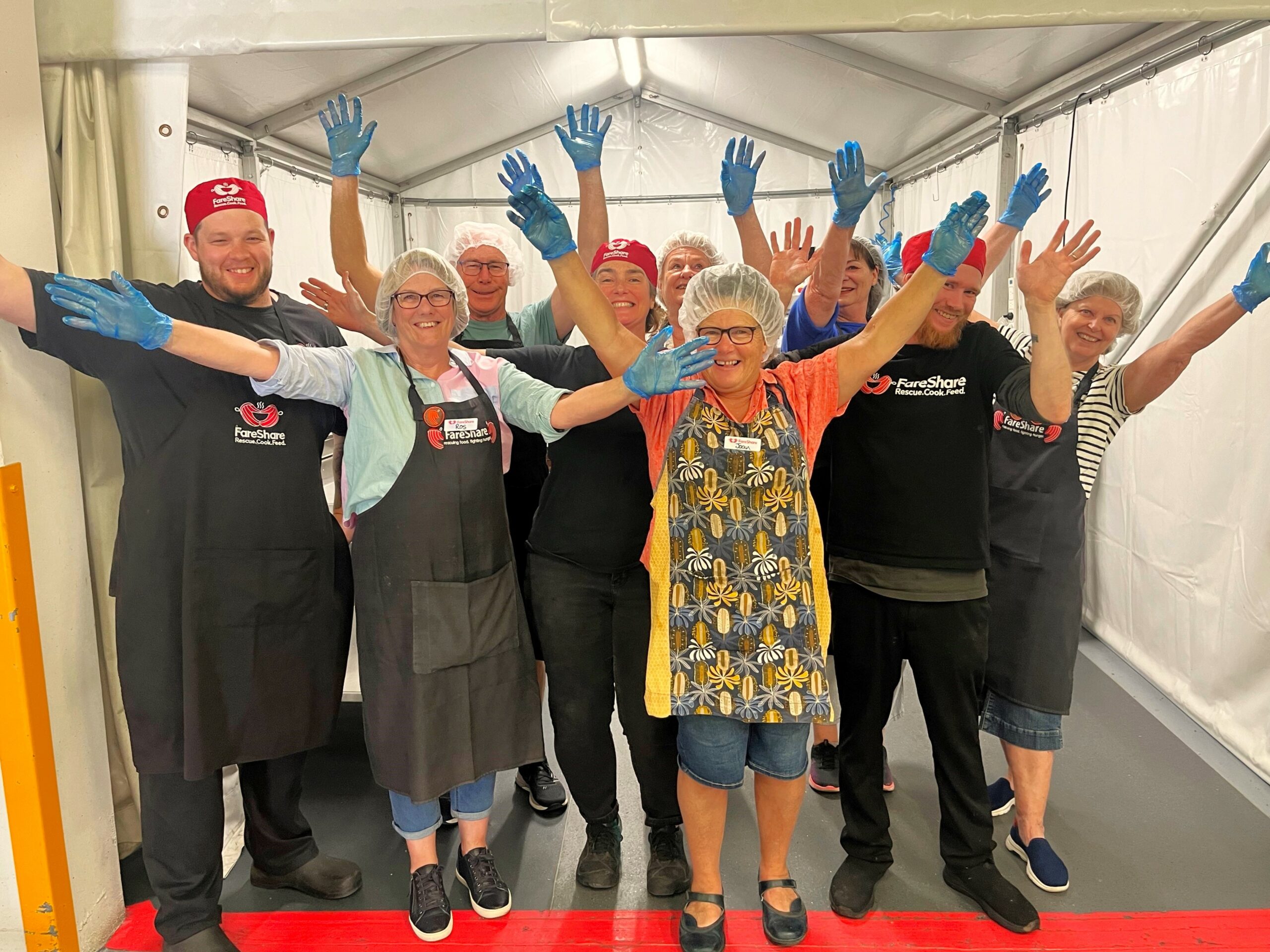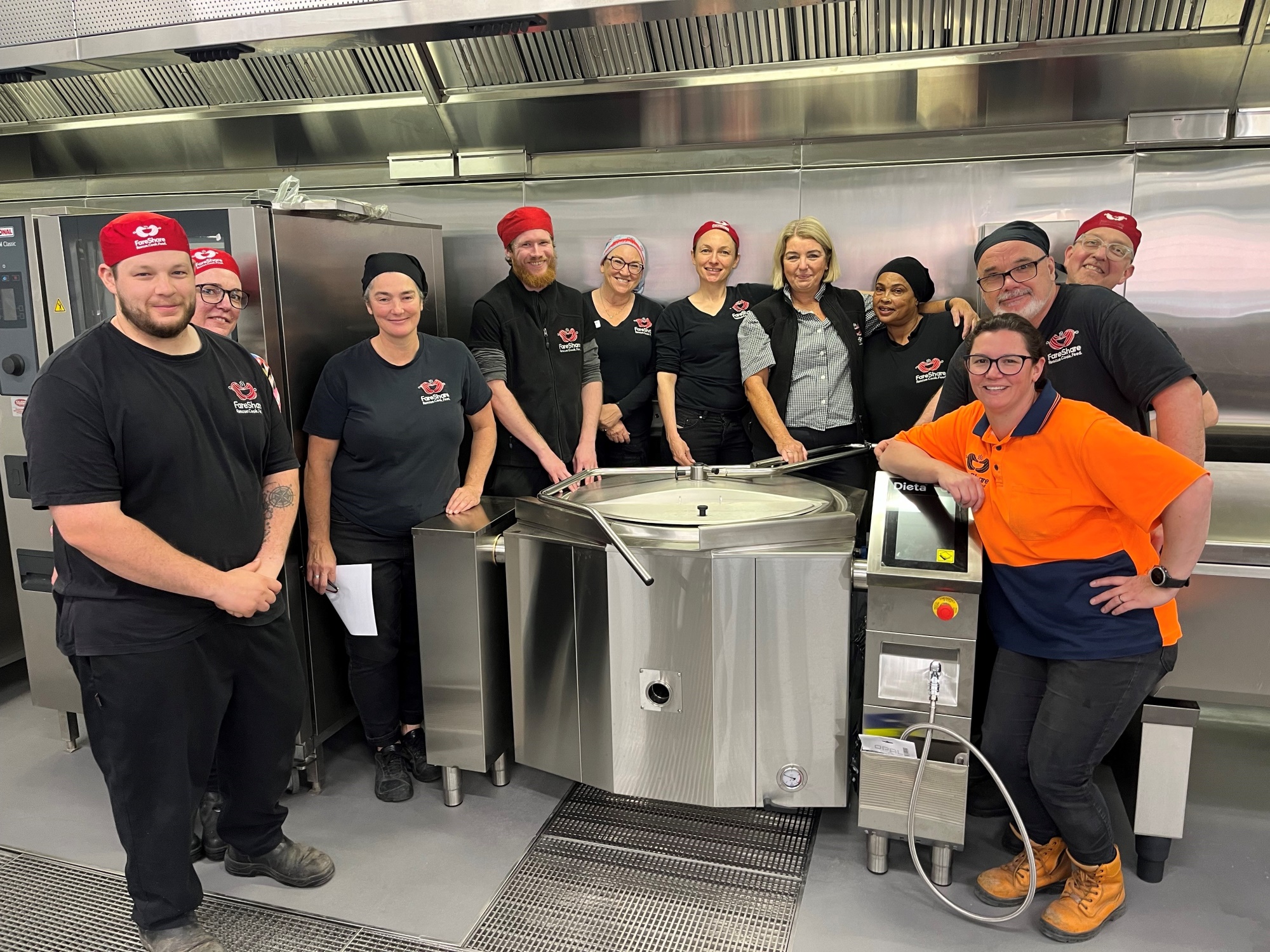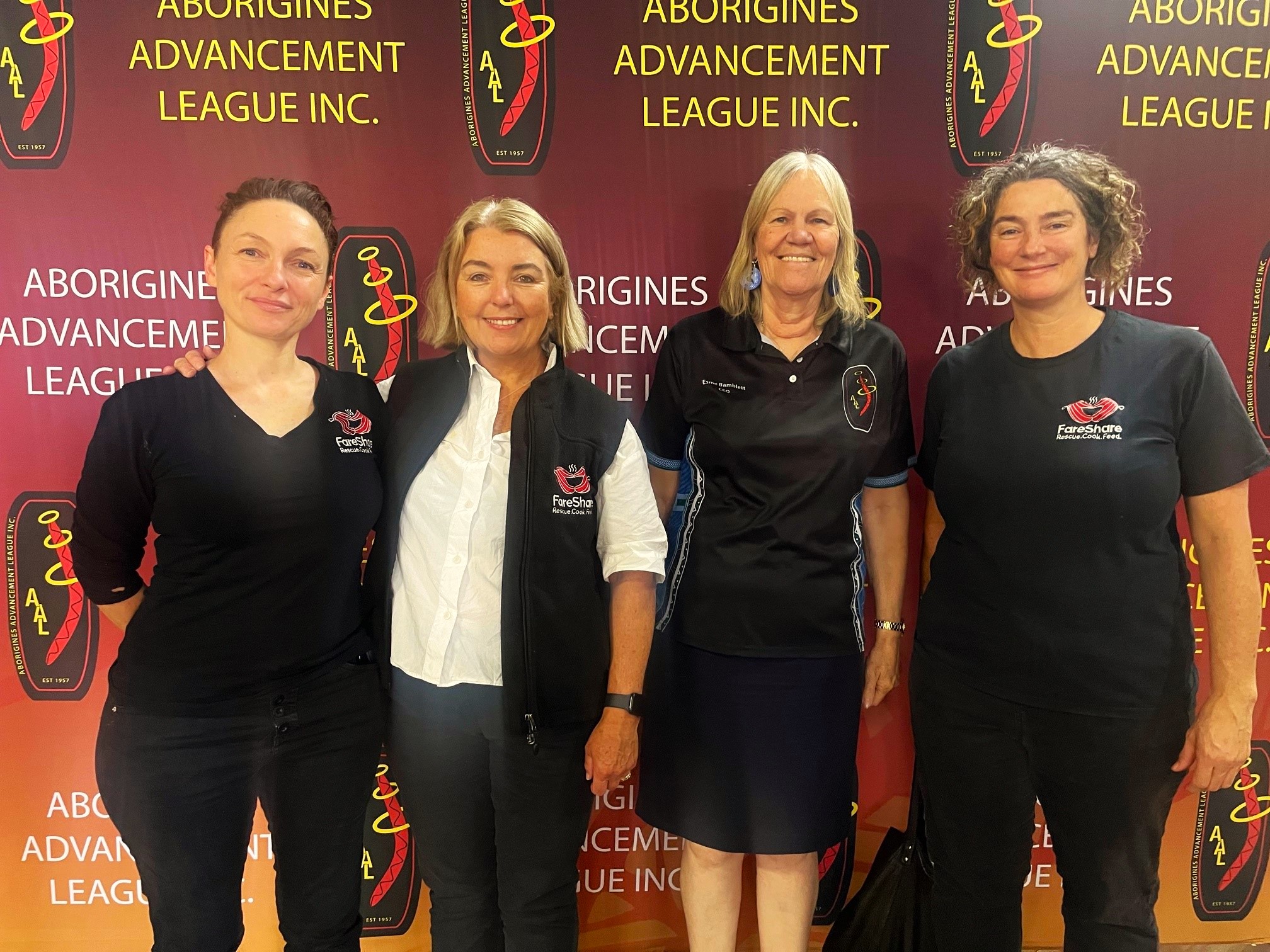
Meals for the Mob expands to Naarm with AAL as flagship partners
Meals for the Mob expands to Naarm with Aborigines Advancement League (AAL) as flagship partners Exciting plans are underway to expand FareShare’s Meals for the Mob program to Naarm (Melbourne) later this year. This builds
